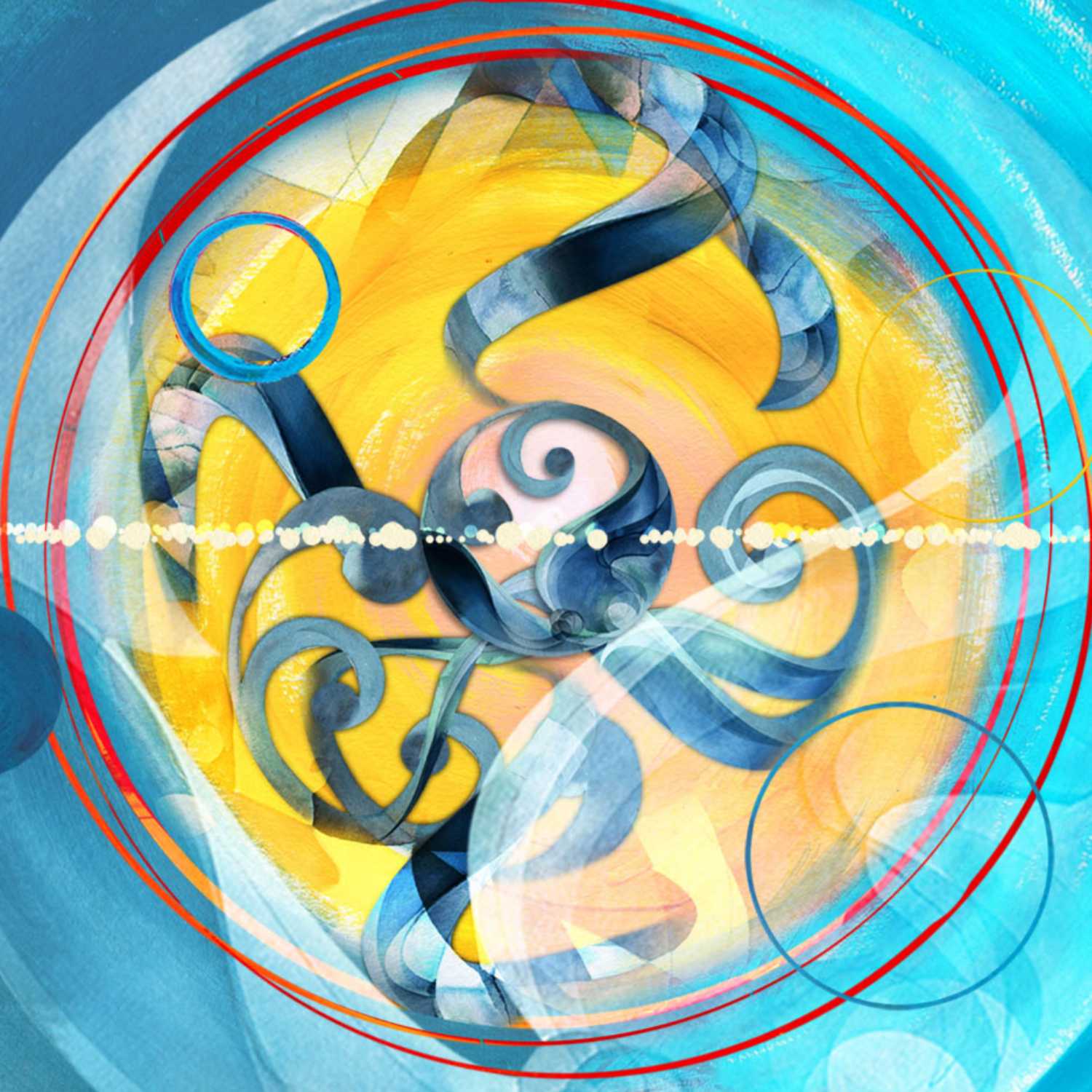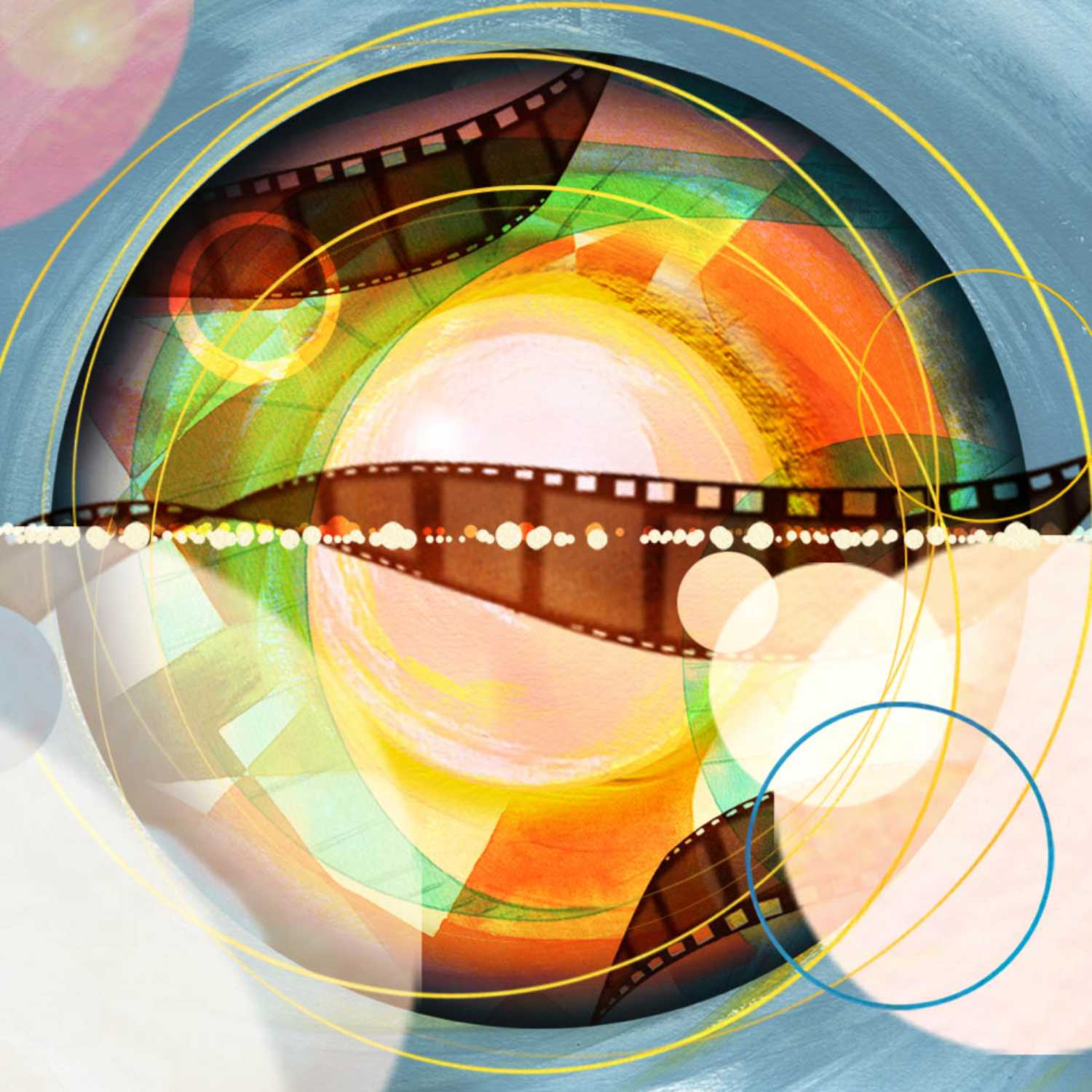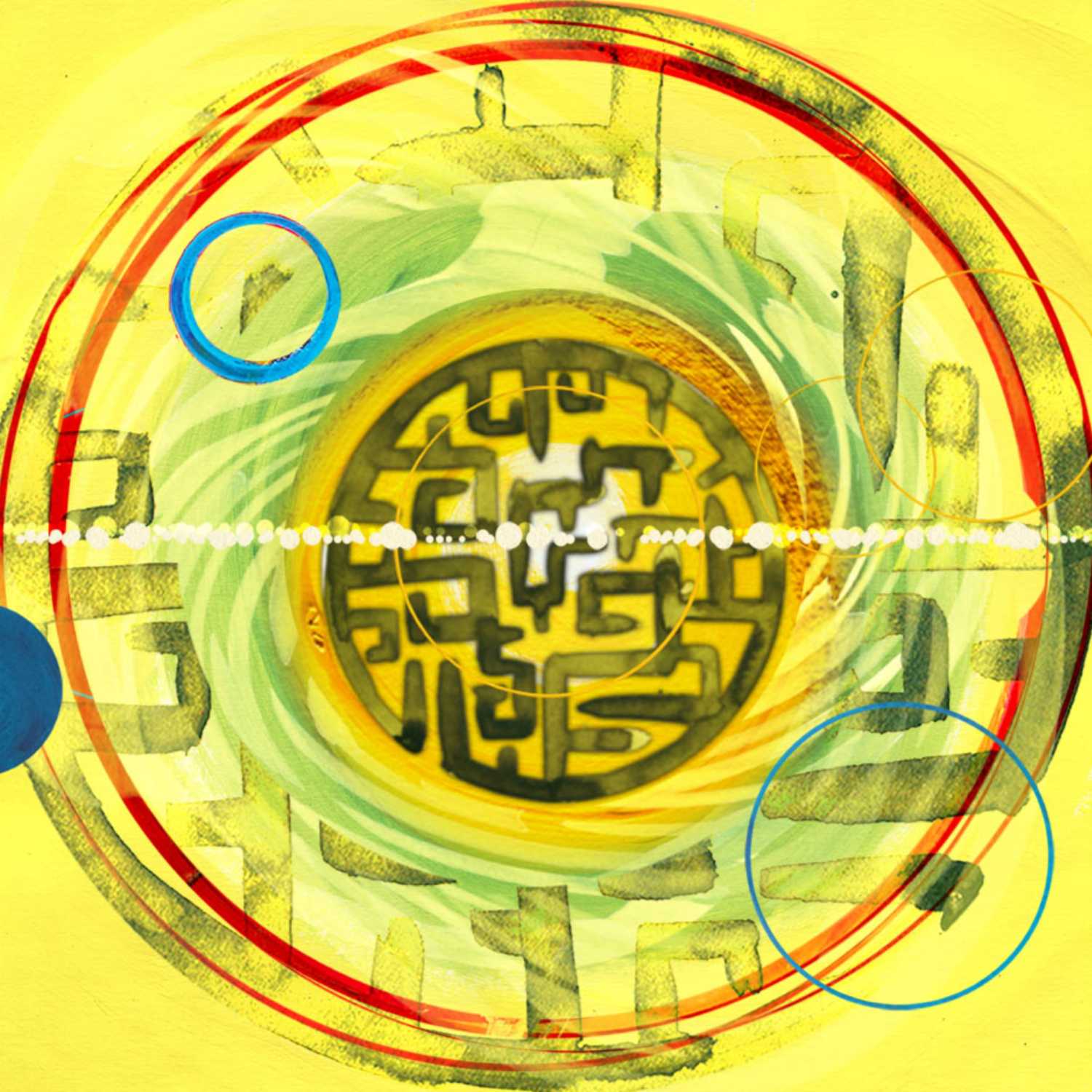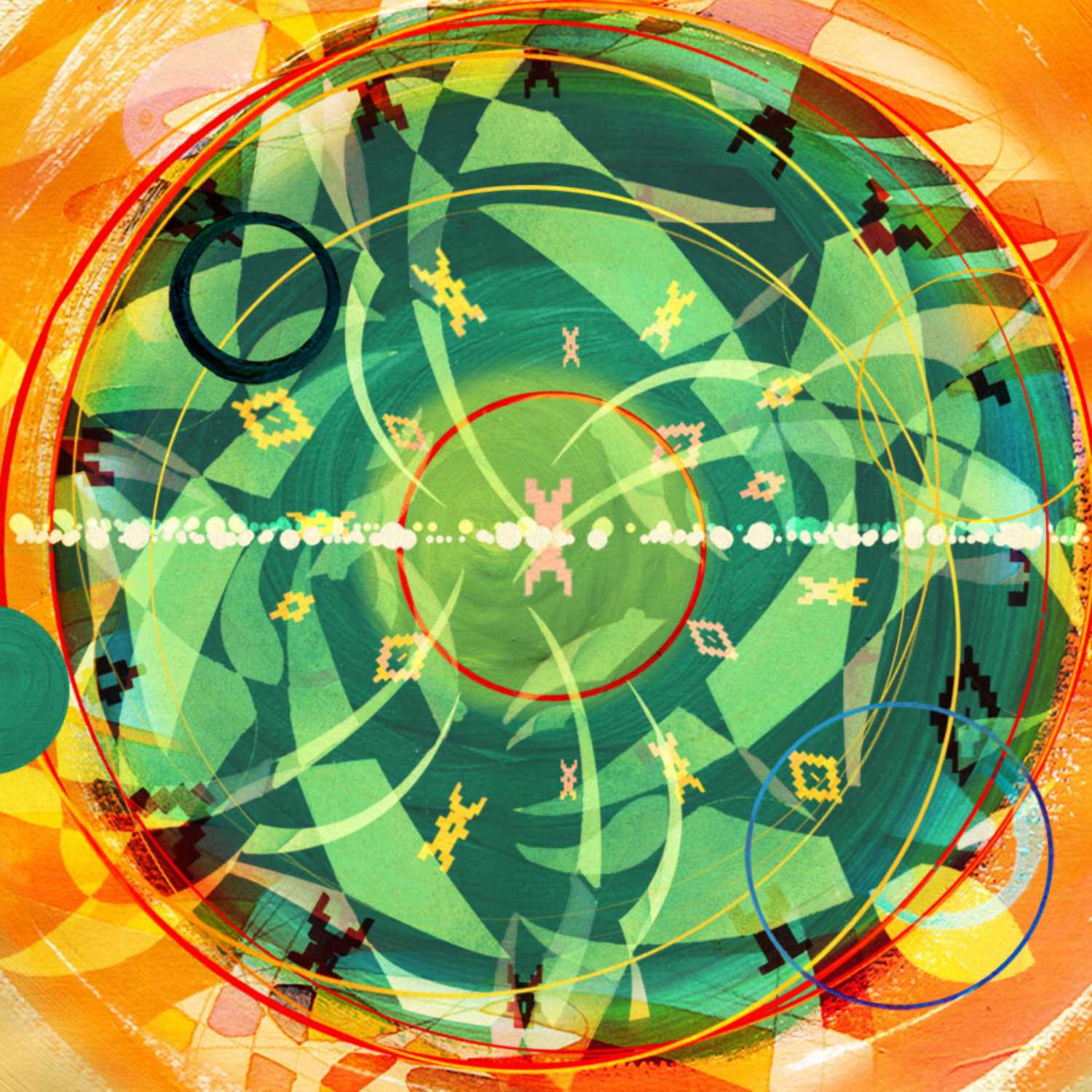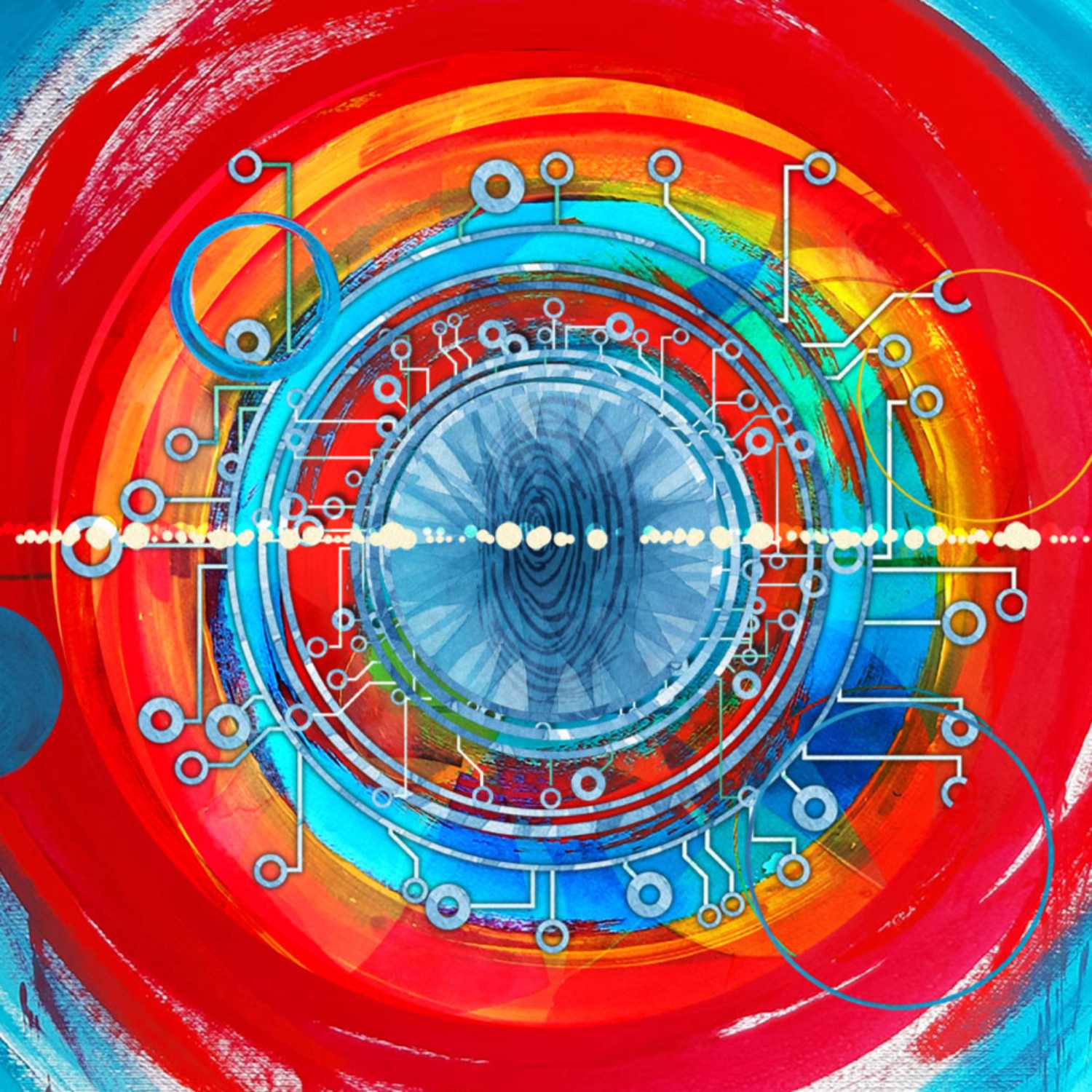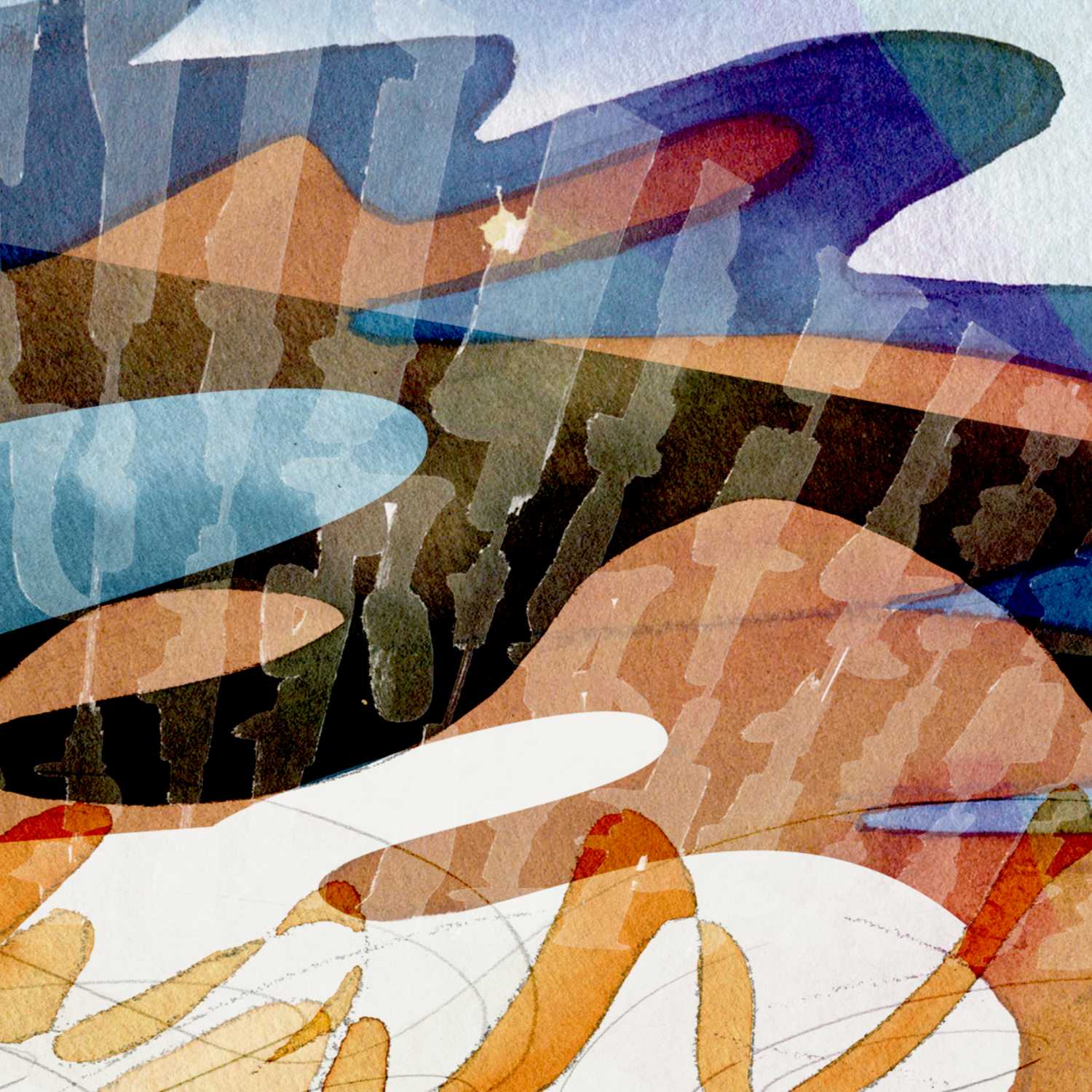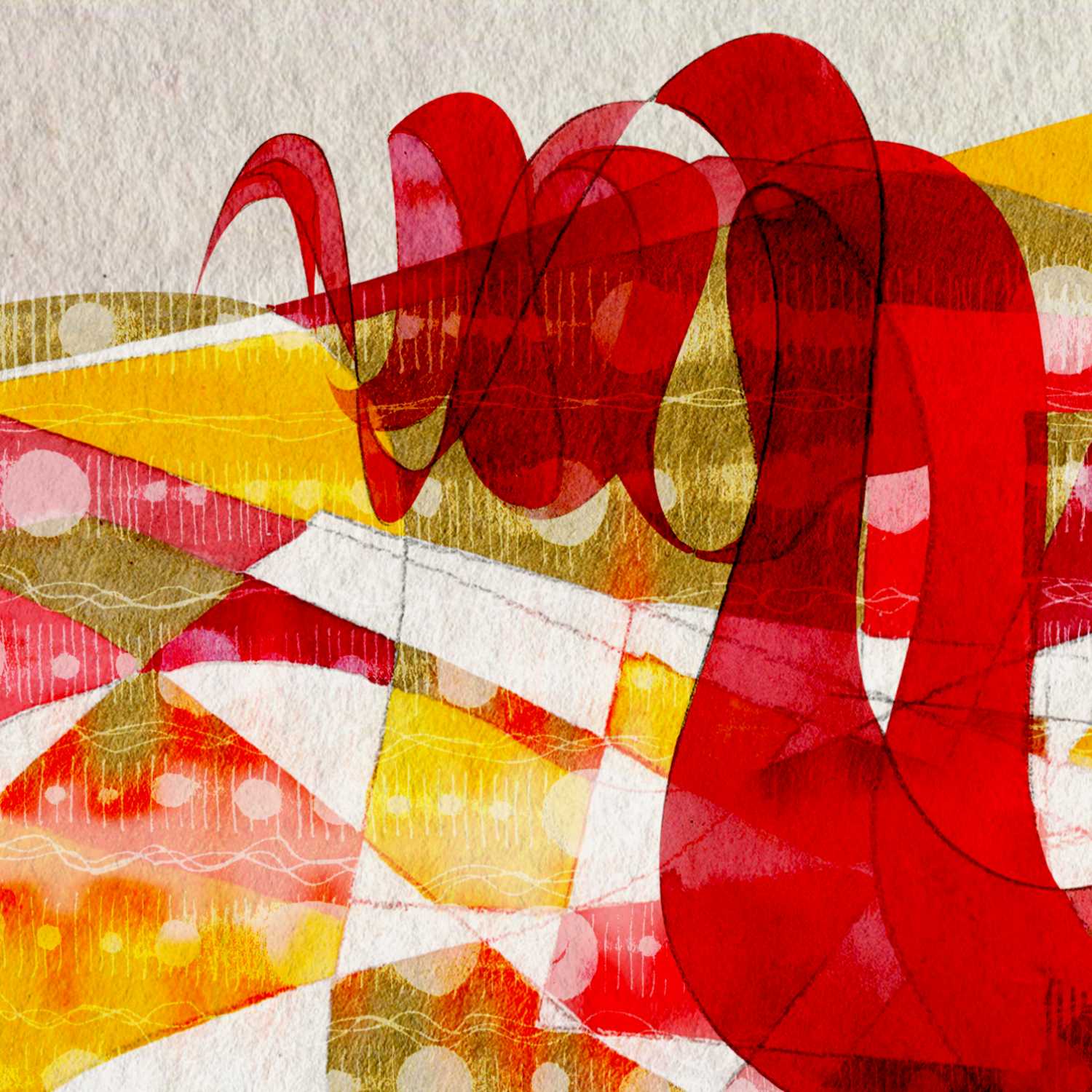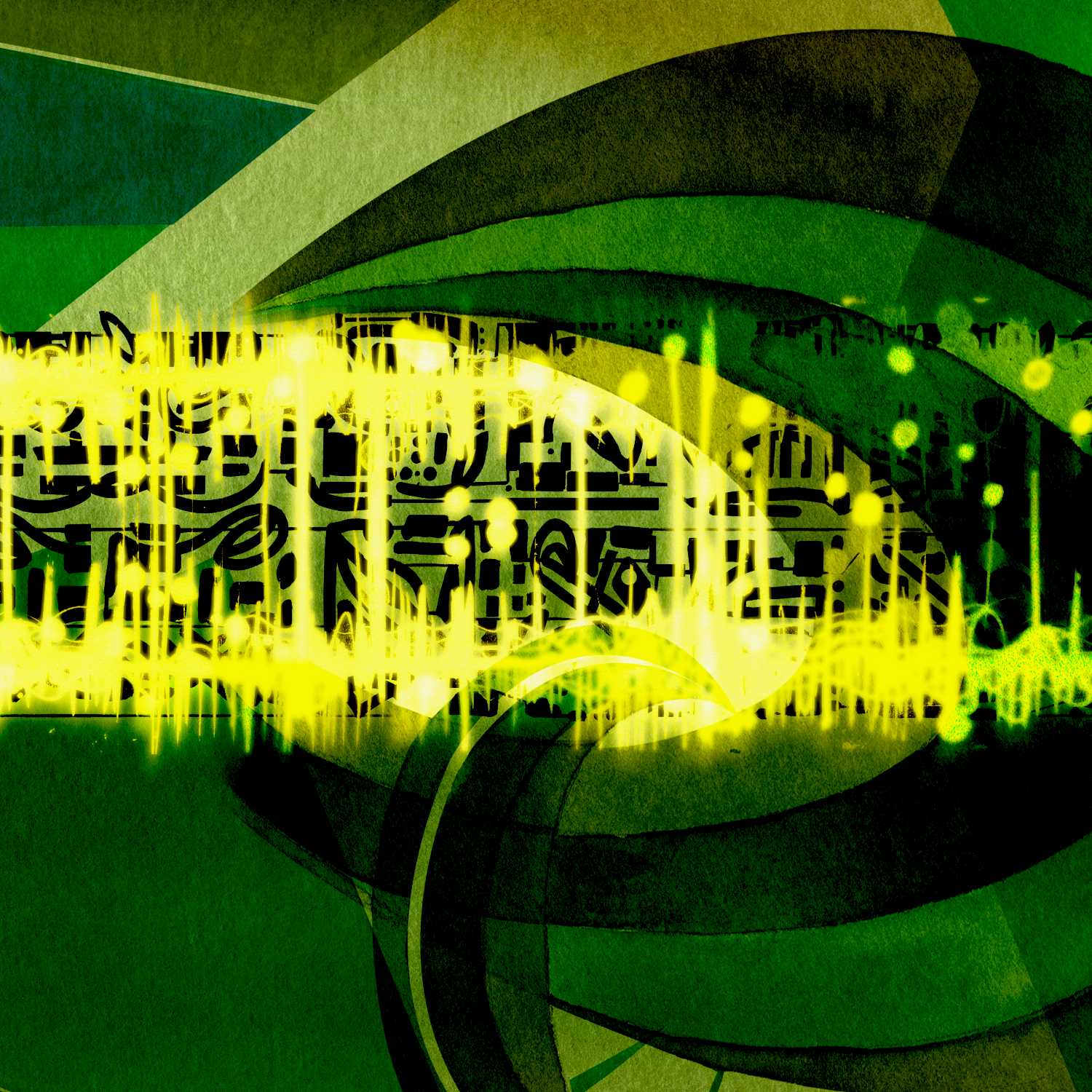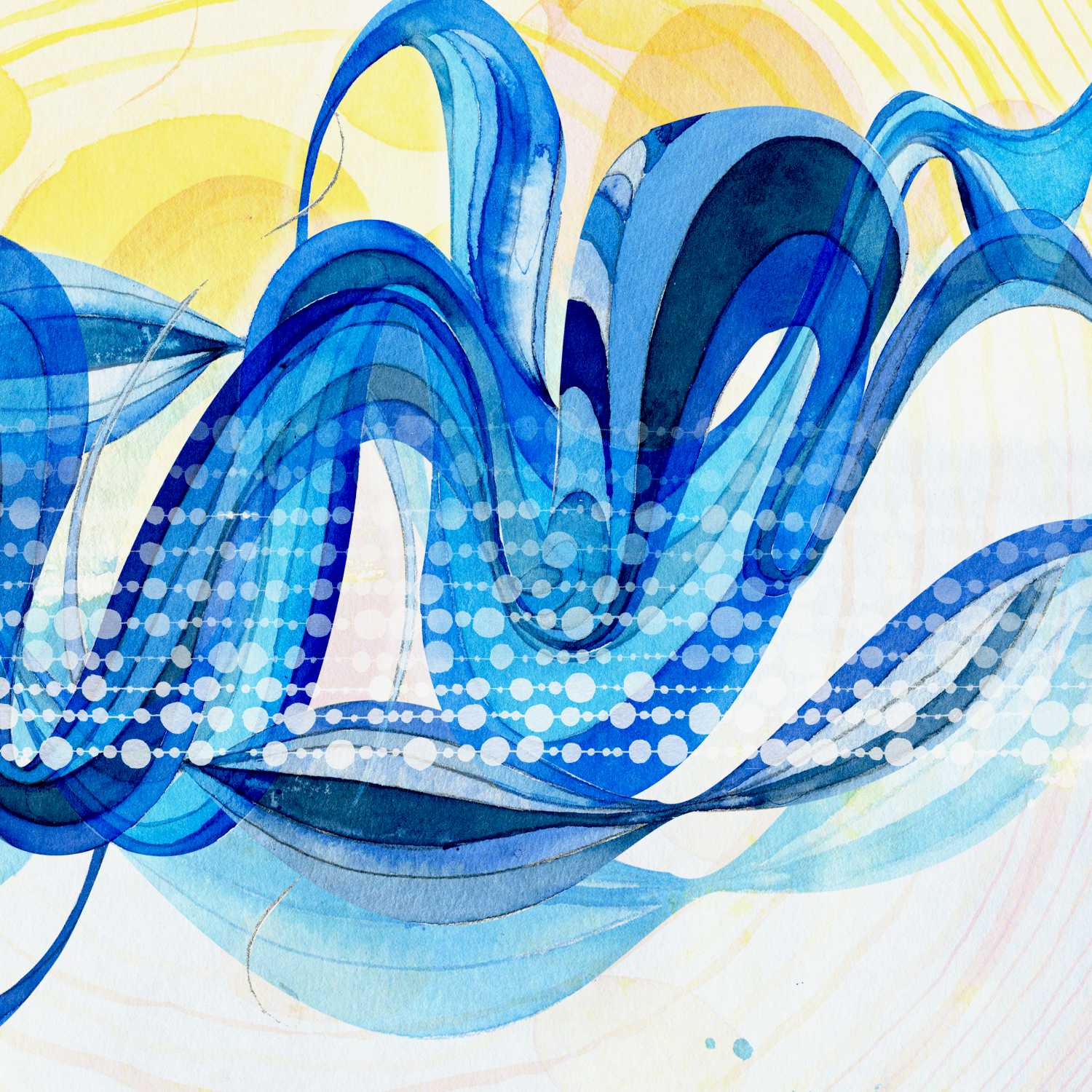Discover Exposing the Invisible
Exposing the Invisible

Exposing the Invisible
Author: Tactical Tech
Subscribed: 8Played: 86Subscribe
Share
© CC BY-SA 4.0
Description
Welcome to Exposing the Invisible. In this series, we interviewed experienced investigators to get insights into what drives them and to understand some of the methods they use in their investigations. Listen to their candid and inspiring responses and hear about the communities they work with and what motivates them to keep going. This podcast series was produced by Tactical Tech with funding from the European Commission. Website: https://exposingtheinvisible.org The Kit: https://kit.exposingtheinvisible.org Tactical Tech: https://tacticaltech.org
16 Episodes
Reverse
Pascalinah Kabi, a pioneering investigative journalist from Lesotho, is the first female journalist to publish an investigative book, "Pollution, Profits, and the People." Pascalinah's work is fueled by a passion for social justice, science, gender, and politics. Through her reporting, she sheds light on the struggles of marginalized communities.
What role do you have in your community? Sajad Rasool has spent his career passionately amplifying the grievances of marginalised communities whose voices are often overlooked by mainstream media. He talks to us about his projects, his outlook and the power of telling stories to resolve the issues at stake.
Basma Mostafa, an Egyptian Investigative journalist in Exile, takes us through her journey from field journalism to investigative journalism. She talks about how the revolution inspired her to be a journalist, her journey from field to investigative journalism and how she is learning new ways to cover Egypt from exile, being mindful of her mental health.
Veteran Nepalese journalist Deepak Adhikari takes us through his life journey from proofreading to investigative journalism and fact checking. Highlighting the nexus between politics and business, Adhikari takes us through the challenges and satisfactions in this line of work, as well as the challenges while giving advice to future investigators.
In times of conflict and revolution, the lines between investigation, journalism and activism can often overlap. Hanna Liubakova, a Belarusian journalist in exile, talks to us about her experience treading those lines and how her work has become something much bigger than just a job.Some things become more important when you face such challenges as we face in Belarus. When the country is losing sovereignty and might lose independence, and when you just cannot go back, because it's dangerous for you. So other things become more important and you do not define your work only as a profession.
Between big tech and civil society, Richard Ngamita argues that there is a chance for more collaboration. A senior investigator, Ngamita has been working on threat intelligence for tech companies and maintains a focus on civil society as well. Follow Ngamita's journey of investigation as he relays his experiences, the challenges we face and some of the tips and tools he uses.
What do architecture, investigation, maps and storytelling have in common? Follow the trail in this episode where Alison Killing takes us on a fascinating journey starting from her training and professional career in architecture and constructions to her research in migration and human rights, culminating with an internationally awarded journalistic collaboration."That wasn't just a problem with the map loading. And it wasn't just that there was information missing from the map and they put a blank tile instead... there was something much stranger going on. I mean, I find it quite enjoyable to push and poke at these different things and try and develop these different investigative techniques and ways that we can maybe start to look at these issues, which are by design very, very difficult first to investigate."
Modesty, honesty, care and time, together with varying doses of obsession and concern, are recurring themes in Megha Rajagopalan's story of how she became a Pulitzer Prize-winning journalist investigating human rights issues. Megha talks about what it takes to develop and respect sources, to pursue topics, and to embrace collaboration with people from other professional backgrounds in order to reveal a different narrative."You don't want to immediately frame everything you do as an investigation. It may be that you've produced something that uncovers some kind of wrongdoing, but I guess to term it as an investigation from the outset, it's almost like you're predetermining what the final result is going to be."
Avi Asher-Schapiro is a journalist who focuses on the intersection of technology and human rights. His investigations have pivoted on exposing abuse of power. He recounts some of his work including his first investigative piece in school. He also talks about what drives him, how he digs up information, the power of story telling as well as the flawed assumption that everything is on the internet already."Their job is to make themselves look really good and your job is to sort of figure out what's true and what's not true, and often you're at odds because the facts don't make them look good. So there you are. And that's the game.”
After years of investigation and campaigning, Anthea Lawson shares with us insights into what her experiences have been. Her work continues to investigate the deep links between our inner lives, our souls and our psychology and how that manifests in the world we're creating together."Some of the most liberating conversations I had with longstanding activists were the ones where I realized that the people who managed to really keep going are doing their campaigning as a practice and not so much as a goal."
Saul Pwanson became an accidental investigator when his attempts to digitise crossword puzzles uncovered a plagiarism scandal in the crossword community.“I think that it's really important that we have more independent investigators, or you call them ‘citizen investigators’, people who have the time and the space, like I did. I was willing to put months into something that any actual journalist, who's being paid, there's no way that their editor would approve them to be paid for months to do this kind of work.”
With a background in history, research and then law enforcement, Lily shares how her journey landed her as a professional investigator looking into fraud and money laundering. She shares insights into what her day-to-day job entails and why she has moved out of some fields of investigations and into new ones."Something that I've learned from my work is that there is not actually an algorithm or anything you can do with coding that will replace the investigative mindset. Understanding patterns and trends in a dataset is something that can be approached by an algorithm, but cannot actually be done by an algorithm.”
From activism to journalism, Ankita Anand describes how life encounters helped shape her journey into the world of investigations. With a passion for listening and telling stories, she shares her thoughts on collaborating with a larger community of journalists and investigators."I felt like whatever I was fearful of, changed when I started getting angry, because my anger, or being ill-treated, or anyone around me being ill-treated, was bigger and sharper and cut through the fear that I would feel of what the repercussions would be if I act or say something. I didn't have to fight fear because anger was already doing it for me."
With over 40 years of experience in investigations, Jim Mintz shares his thoughts about the importance of digging deeper and conducting investigations openly. From the days of having friends at a courthouse to acquire documents in the seventies, to using present day investigative techniques involving social media and databases, Jim maintains that the best way to get to the bottom of things is to foster relationships and talk to people."Research and data, in my opinion, rarely crack an investigation, rarely get to the bottom of things. I think of the research and the data gathering as like packing for a trip, packing my suitcase. And then interviewing people and talking to people is like taking the trip. You certainly don't want to go on a journey without packing for it... But on the other hand, you do not want to pack your suitcase and then sit on the edge of your bed.. until time runs out."
Through her work as an investigator into global supply chains, Sophia offers her thoughts on the world as it could be. Her work has exposed her to both policy makers who effectively control the flow of the world's natural resources and those exploited by those policies. She argues that those of us benefiting from today’s business-as-usual would not tolerate it if they had to swap places with those living where resources are being extracted or produced.We can try and introduce some justice. We can try and change things. But I think over time, I've learned as an investigator that that question about making things better is a very difficult one, because better means different things to different people.For more:exposingtheinvisible.orgtacticaltech.org
Crofton Black ended up as an investigator unexpectedly. With a background in English Literature and Medieval and Renaissance philosophy, he took an unexpected turn into investigating secret prisons and extraordinary renditions.I liked digging around in libraries and archives and looking at the data of the past, these books that nobody really was interested in anymore that said something about how people thought five hundred years ago.


